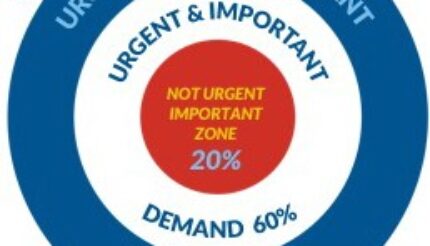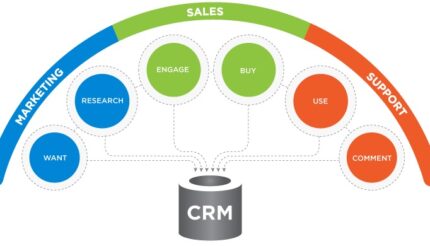Networking is a must for the majority of owners of small and medium-sized businesses. Getting your name and face known in your local community helps people to understand what you do, improves your knowledge of what they do and, together, you can refer business to each other and generate additional sales.
Robert Metcalfe co-invented Ethernet and was the founder of 3Com, the US telecommunications giant. He developed ‘Metcalfe’s Law’, which states that the effect (or power) of a network is proportional to the square of the number of users of the network. So, a network of 3 people has a ‘power’ of 9, but by adding one person, a network of 4 people has a power of 16. And so on, until your business network, when it is 25-strong, has a power of 625. Put simply, the more people you know in your network, the better it is for both them and you.
Networking comes in many forms; many people spend time and effort to build a social network on-line. This is a worthwhile effort, especially so if your connections are genuine and your willingness to help others comes across in your posts, tweets and pages.
For others, face-to-face networking is better – when you’re attempting to build trust, credibility and business relationships, genuine networking (where you’re obviously there to help others) can be very powerful. A word of warning though, if you attend with the intention to sell, you will come off as self-serving and you’ll fail to make genuine connections, wasting your time and others’ in the process.
The key with networking is to define your goals. Do you want to improve your business education, grow your database of contacts or perhaps offer free consultations to stimulate leads? Decide ahead of time what’s important and pick the right networking event. Then it’s time to build a networking plan. Visit multiple groups until you find the ones that work for you – I’ve included some links below.
Once you’re at an event, DON’T SELL! Practice a short introduction and have a set of open-ended questions committed to memory, because you want to engage with the other attendees and find out what they do. ‘How will Brexit affect your business’ is a topical open-ended question right now!
Finally, make sure you exchange cards or contact details and, if you’re keen to discover more, don’t be afraid to ask for a follow-on meeting. Most networking groups are keen for their members to arrange 1-2-1 meetings so that they can really explore the ways in which they can help each other by referring business. Don’t forget to follow up on social media, starting with LinkedIn and progressing to the other platforms – this creates a longer-term connection to build rapport, trust and credibility. It may be a while before you’re ready to do business with someone, so develop the relationship steadily.





